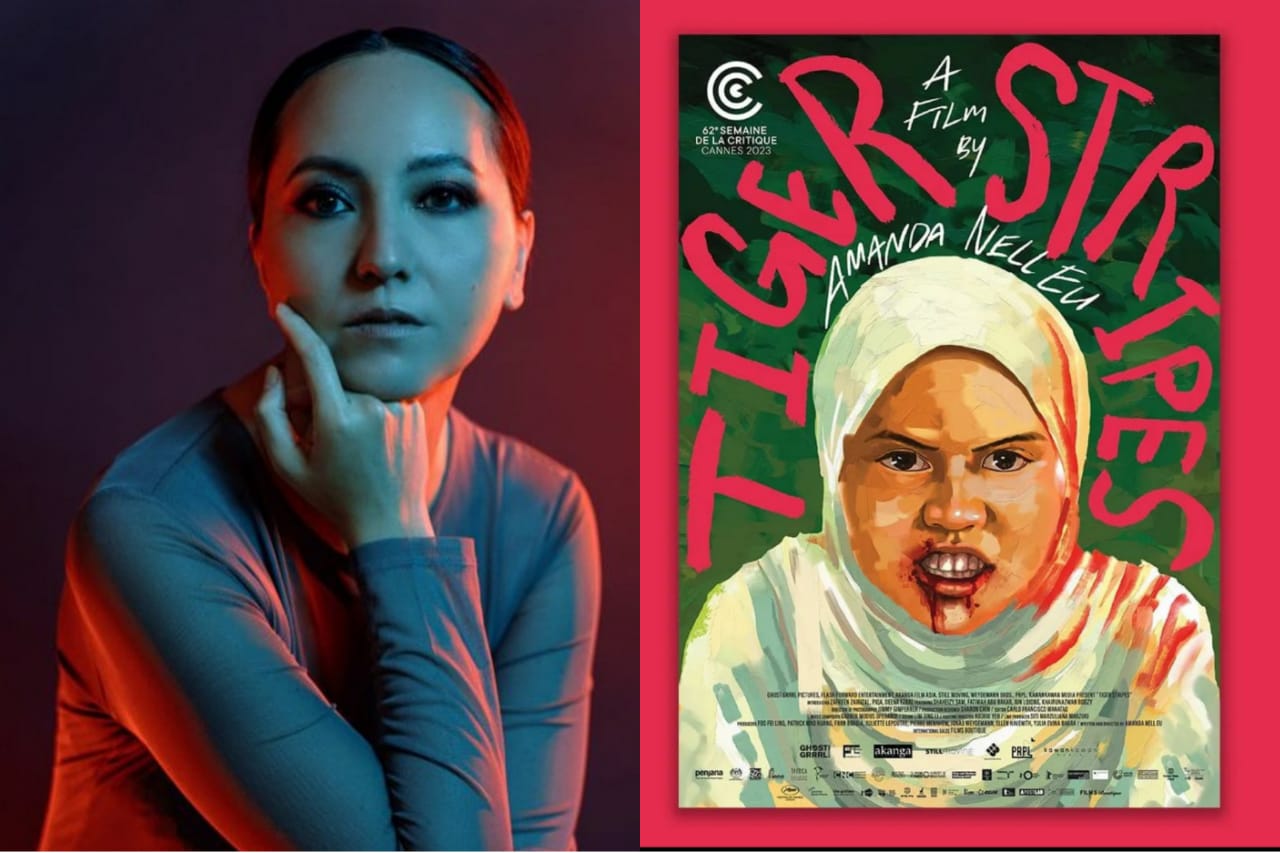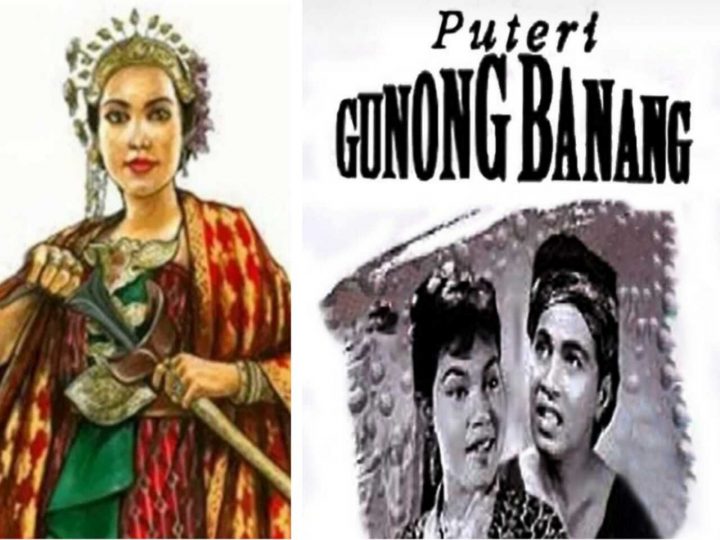Director Amanda Nell Eu Roars Against Censored Release Of Oscar-Hopeful ‘Tiger Stripes’ In Local Cinemas
 Thirsty for JUICE content? Quench your cravings on our Instagram, TikTok and WhatsApp
Thirsty for JUICE content? Quench your cravings on our Instagram, TikTok and WhatsApp

In the realm of Malaysian cinema, where creativity often dances on the edge of censorship, a cinematic gem titled Tiger Stripes promised to stand bold with its own unique stroke of tasteful audacity. It follows the story of a 12-year-old girl named Zaffan, who discovers her body is morphing in a terrifying way as she struggles with puberty.
While for many, it is this very sense of shock value and rawness that makes a film stand out, it seems that local authorities fear that this narrative may be too much for Malaysians to stomach, likely due to “sensitive” scenes that portray this coming-of-age process.

Directed by Amanda Nell Eu, this film, while bearing the honour of being Malaysia’s official entry to the Academy Awards, has now found itself ensnared in the web of censorship that plagues the nation’s artistic expression.
Amanda, no stranger to the whims of censorship boards, has taken a defiant stance against the altered version of her magnum opus, Tiger Stripes, which began to grace local theatres yesterday, 19 October, in an Oscars-qualifying run.
ICYMI, this film, which garnered the Critics Weeks Grand Prix at Cannes Film Festival, unfolds the tale of a 12-year-old girl navigating the turbulent waters of puberty and societal ostracisation. Despite her schoolmates’ disdain, she embarks on a journey of self-discovery and resilience, learning to embrace her uniqueness and the freedom it entails.

Amidst the maelstrom of censorship, Amanda Nell Eu voices her disapproval, declaring, “The film that will be shown in local cinemas is not the film that we made.” Her critique centres around the excised scenes that encapsulated the sheer joy of being a young, unconventional Malaysian girl – a theme that, for many of us, resonates far beyond the screen.
In a heartfelt address to the Malaysian audience, Amanda lamented the stifling of creative expression, emphasising the importance of discussing, questioning, and expressing freely. She bemoaned the self-censorship that artists often succumb to, urging her contemporaries to resist this restraint.
While acknowledging the financial repercussions of her defiance, Amanda staunchly defends the right to unfettered artistic expression. She underscores the vital role of art in fostering healthy discussions, amplifying diverse voices, and enhancing understanding among Malaysians. Her words echo the sentiments of countless artists, yearning for an environment where creativity can flourish unshackled by constraints.
The existential musings depicted in the film cause discomfort in the very best way – taking viewers on a journey of realisation and solidarity as they come face to face with characters and plots that may reflect some of their most personal experiences.
View this post on Instagram
Amanda also confirmed via her Instagram post that she remains undeterred in the face of these challenges, with support from local public figures such as Neeta Manis and fellow film director Makbul.
And so as Tiger Stripes does its rounds across local theatres, it carries with it the spirit of rebellion, the unyielding belief in artistic freedom, and the hope for a future where Malaysian cinema can shine in its “unfiltered, uncensored glory” – a desired shared by most filmmakers as well as pretty much every other individual who cherishes the power of untamed creativity.

 Get Audio+
Get Audio+ Hot FM
Hot FM Kool 101
Kool 101 Eight FM
Eight FM Fly FM
Fly FM Molek FM
Molek FM

